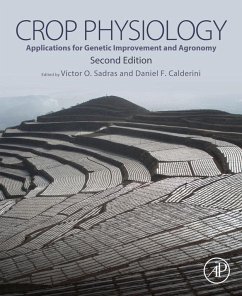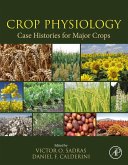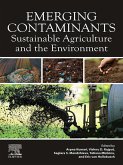Contemporary agriculture confronts the challenge of increasing demand in terms of quantitative and qualitative production targets. These targets have to be achieved against the background of soil and water scarcity, worldwide and regional shifts in the patterns of land use driven by both climate change and the need to develop crop-based sources of energy, and the environmental and social aspects of agricultural sustainability.
- Provides a view of crop physiology as an active source of methods, theories, ideas, and tools for application in genetic improvement and agronomy
- Written by leading scientists from around the world
- Combines environment-specific cropping systems and general principles of crop science to appeal to advanced students, and scientists in agriculture-related disciplines, from molecular sciences to natural resources management
Dieser Download kann aus rechtlichen Gründen nur mit Rechnungsadresse in A, B, BG, CY, CZ, D, DK, EW, E, FIN, F, GR, HR, H, IRL, I, LT, L, LR, M, NL, PL, P, R, S, SLO, SK ausgeliefert werden.









